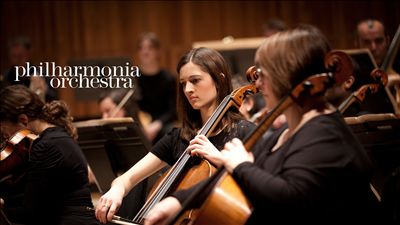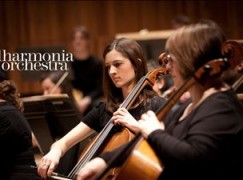British orchestras are in ‘critical’ position
mainDire warning from the director of the Association of British Orchestras, Mark Pemberton:
There’s no easy way of saying this: the Covid-19 emergency has placed the UK’s orchestras in a critical position.
Unlike orchestras in continental Europe and other parts of the world, which receive significantly higher levels of public subsidy, British orchestras are heavily dependent on earned income from ticket sales, international tours and commercial activity such as recordings, at an average of 50% of turnover. And for the many ABO members that do not receive public funding, the level of earned income is that much higher. With the forced closure of entertainment venues and recording studios, that income has plunged to zero.
It isn’t just in the past few weeks that this has hit the orchestras hard. Tours to Asia, a crucial revenue earner for our members, started to be cancelled back in January, and it has escalated from there, with first international touring, and then concerts in the UK, grinding to a halt. This in turn threatens the financial sustainability of our members, and the livelihoods of the musicians who work for them.
The 65 member orchestras of the ABO have different employment models for their musicians, with some, such as the BBC, regional symphony and the major opera and ballet orchestras being in salaried employment, and the rest, including the London self-governing orchestras and the chamber orchestras, operating on a freelance basis.
There are over 2,000 members of the UK’s orchestras, of which 50% are self-employed, plus 12,000 engagements annually of freelance extras….
Read on here.







Comments